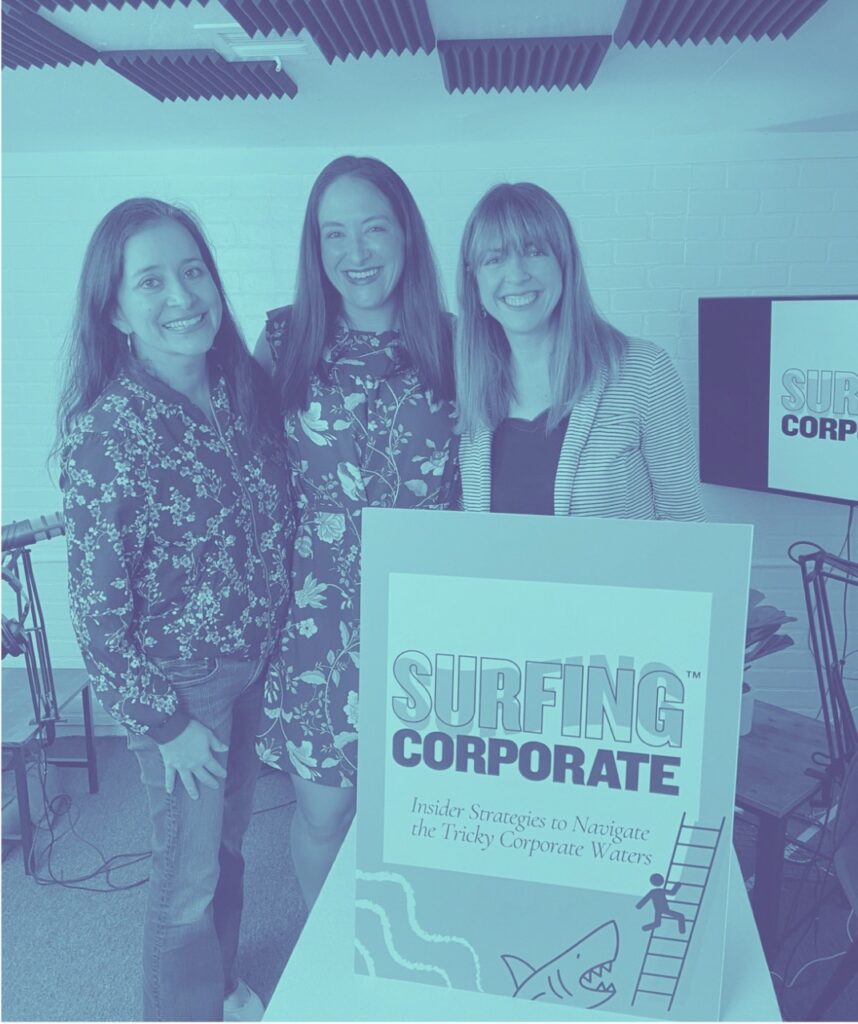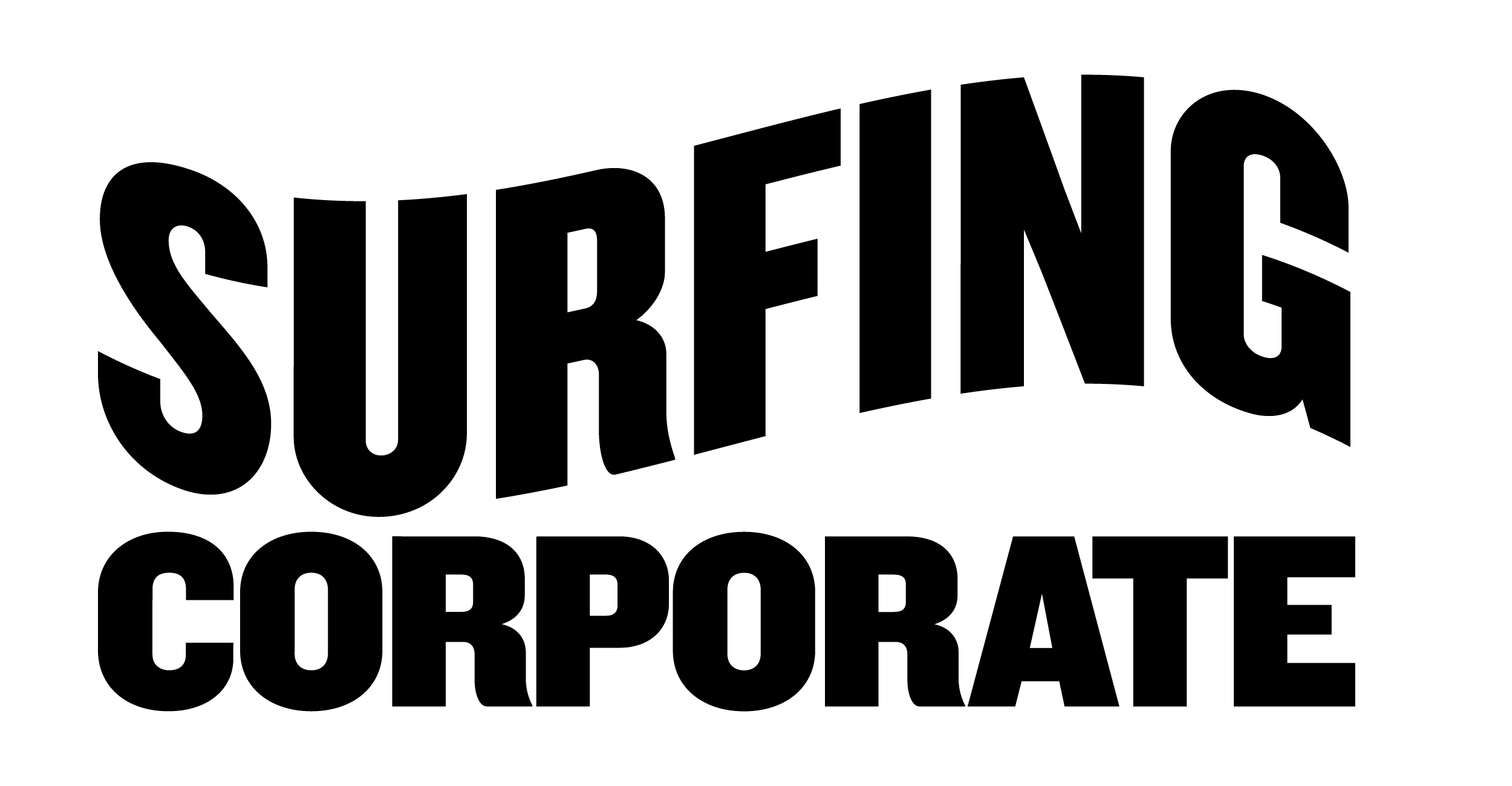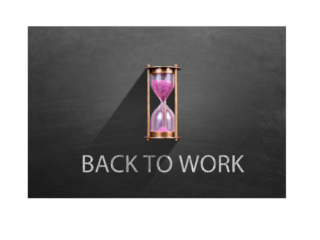Surfing Corporate’s Survival Guide: HR Edition
Every corporation has one. It’s a topic that’s admittedly uncomfortable to approach, difficult to understand, and the vast majority of us do whatever we can to avoid a face-to-face encounter. No, we’re not talking about That One Guy who inexplicably microwaves fish on a regular basis (but uh, maybe we should talk about him). Today we’re peeking behind the curtain of HR, with the help of Special guest and Human Resources Director extraordinaire, Jennifer Mohammed.

It’s no secret that most employees don’t exactly trust their HR departments, but a lot of that distrust comes from a fear of the unknown — which, to be fair, is completely reasonable. It’s impossible to trust something that’s more or less a complete mystery.
What does HR even do? How do we start difficult but important conversations about our career paths? What the heck is the deal with PIPs (performance improvement plans)?
Sounds like a bunch of questions for someone who’s been in the industry for over a decade. Fortunately, we happen to have one ready to answer our questions and yours.
What is HR?
As it turns out, HR does a lot. Jennifer described HR as something that handles “the employee life cycle,” from beginning to end. Things like:
- Talent acquisition
- Compensation
- Benefits
- The employee who keeps stealing lunches out of the office fridge
- Learning and development
On any given day, someone in the HR department can hear “Hey, I’m not getting promoted, help me,” or “My manager is not seeing how hard I work. Help me.” They’re pulled in 100 directions constantly, and Jennifer explains, it’s a perpetual balancing act. “You’re trying to do right by the employee. Trying to do right by the company.”
Not all companies prioritize that balancing act, though.
“If you’re in an organization where they don’t put talent first, people first, that’s a red flag.”
What should you do if you need something from HR? What shouldn’t you do?
Communicating with the HR department can be both intimidating and overwhelming, but it doesn’t have to be that way.
DO:
- Come prepared. If you’re asking for a promotion, do your research. Come up with a plan, and know what you want before you meet with HR. “All of those things show that you’re taking action and owning your career,” Jennifer explains.
- Interview back. At the end of a job interview, almost without fail, your interviewer asks, “do you have any questions for me?” Preparing questions and being inquisitive shows that you’re invested and engaged.
DON’T:
- Ask HR to do the legwork for you. “A lot of people come to HR thinking we’re going to solve for them,” Jennifer explains. If you’re pursuing a promotion, have a sense of your 18-month plan. Know where you’re looking to go before asking for help getting there.
- Recite facts about the company during an interview. Cool, you can read a website.
- Name-drop during an interview. Yes, even if you know the CEO. Knowing someone within the company doesn’t make you a better candidate.
Fast Facts
- Yes, Performance Improvement Plans exist to help guide employees. They are not just legal tools to get rid of people. “If you’re put on a PIP, it could be for several reasons,” Jennifer explains. “Maybe you’re just not doing your job, and someone needs to tell you you’re not doing your job, or it’s to say that maybe this isn’t the right path for you.”
- HR also has an HR. You know, like how therapists also have therapists.
- HR team members are employees too. “We’re not all corporate robots, we want to make an impact,” Jennifer says. “It takes time to build trust in us, but take the time. Use us as your coach.”
Check out our podcast episode Opening The HR Black Box with Jennifer for more juicy details and crazy stories about HR from an insider’s perspective.

Article by Yael Meshulam





